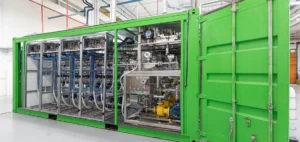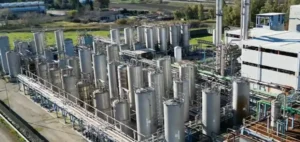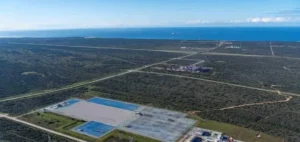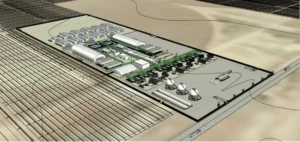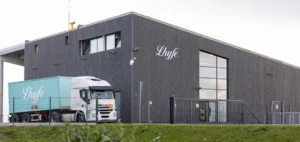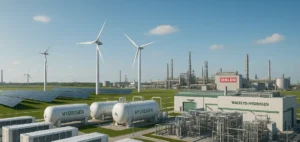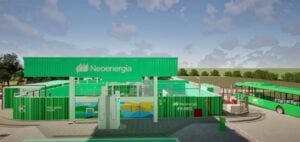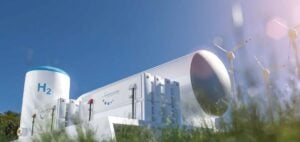DENSO Corporation Group and DENSO Fukushima Corporation announced today that they will begin a demonstration project at the DENSO Fukushima Plant in March 2023 to produce and use green hydrogen as part of an initiative to achieve carbon-neutral production. In partnership with Toyota Motor Corporation, the project aims to build a local production model for local hydrogen consumption and to realize a carbon neutral plant.
A project for a sustainable future
Under the slogan “Bringing hope for the future of our planet, society and all people”, the DENSO Group has worked to maximize its value proposition in the areas of “green” and “safety”. In the “green” area, the group has led various initiatives for manufacturing, mobility products and energy use to achieve carbon neutrality. DENSO has also been working on the connection and integrated control of the “Five Flows”, “Free Movement of People”, “Goods Flow”, “Energy Use”, “Minimization of Resource Requirements” and “Data Flow” to help realize a recycling society.
DENSO Fukushima has built solar and wind power generation systems at its sites to become a carbon neutral plant. As part of this project, DENSO and DENSO Fukushima participated as partners in a project to realize carbon neutral plants using hydrogen. In collaboration with Toyota, the two Japanese companies are now starting a demonstration project to produce green hydrogen at the DENSO Fukushima plant and use it in its gas furnace.
A large-scale project for a cleaner future
The project uses a proton exchange membrane (PEM) electrolyzer system equipment developed by Toyota to produce hydrogen by electrolysis of water. Renewable energy from DENSO Fukushima’s private power generation will be used to produce hydrogen. The PEM system offers high reliability and durability and low initial costs by using the same cell-related components as Toyota’s “MIRAI” fuel cell car, making it possible to produce hydrogen more cheaply than before.
In the use of hydrogen, the liquefied petroleum gas (LPG) used in the afterburner to render the exhaust gases harmless will be replaced by hydrogen produced in-house. By improving the burner structure, NOx emissions will be reduced while simultaneously reducing energy consumption.


